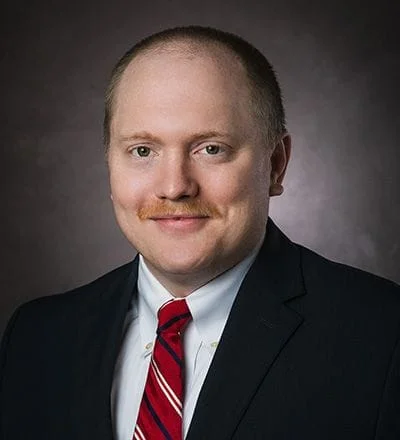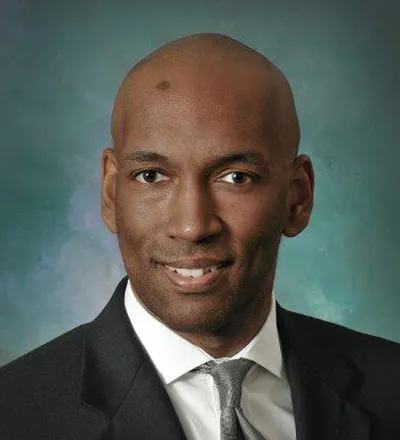- posted: Sep. 11, 2015
Construction projects can run into problems for various reasons. Financing may fall through, there may be a dispute about the terms of the contract, or the property owner may be dissatisfied with a contractor or subcontractor’s performance. Regardless of the cause, such problems typically result in someone who has invested labor and/or materials in the project not being paid and that unpaid party seeks a remedy. A lien is a legal right one party holds to another party’s property until a debt has been paid. A contractor, for example, has a lien on the property from the day work begins. When payment stops, the contractor may ask the court to enforce that lien. Then the property is encumbered, tied up, until the property owner satisfies the debt and the lien is discharged. Here are a few basics about construction liens:
Who is eligible to claim a lien? — The West Virginia Code provides a list of parties who might seek a lien, including general contractors, subcontractors, materialmen, mechanics, laborers, architects, surveyors, engineers and landscape architects.
Can a party claim a lien for incomplete work? — Yes. The project does not have to be completed. A party can claim the fair market value of the work done, even if the project stops abruptly and the property owner has failed to realize any benefit from the contract.
What steps must a party take to make a lien enforceable? — There are two things a mechanic or materialman must do to perfect a lien, thus making it enforceable. First, he must record a notice of lien with the clerk of the county in which the property is located. The deadline for filing is 100 days from the completion of work or delivery of supplies. The lien holder must file suit in circuit court where the property is located within six months of the date the lien was recorded.
What happens if a party fails to file notice within the time required? — The lien is discharged, so there is no encumbrance on the property. The debt is still owed, but the erstwhile lien holder has lost leverage and position for priority of repayment.
Ideally, a construction project should benefit all parties to the contract, and no one should have to sue to be paid. Pullin, Fowler, Flanagan, Brown & Poe, PLLC provides our construction clients with pertinent legal advice that helps them avoid costly conflicts. Discover the PF&F difference by calling 304-344-0100 or contacting our firm online.

























































